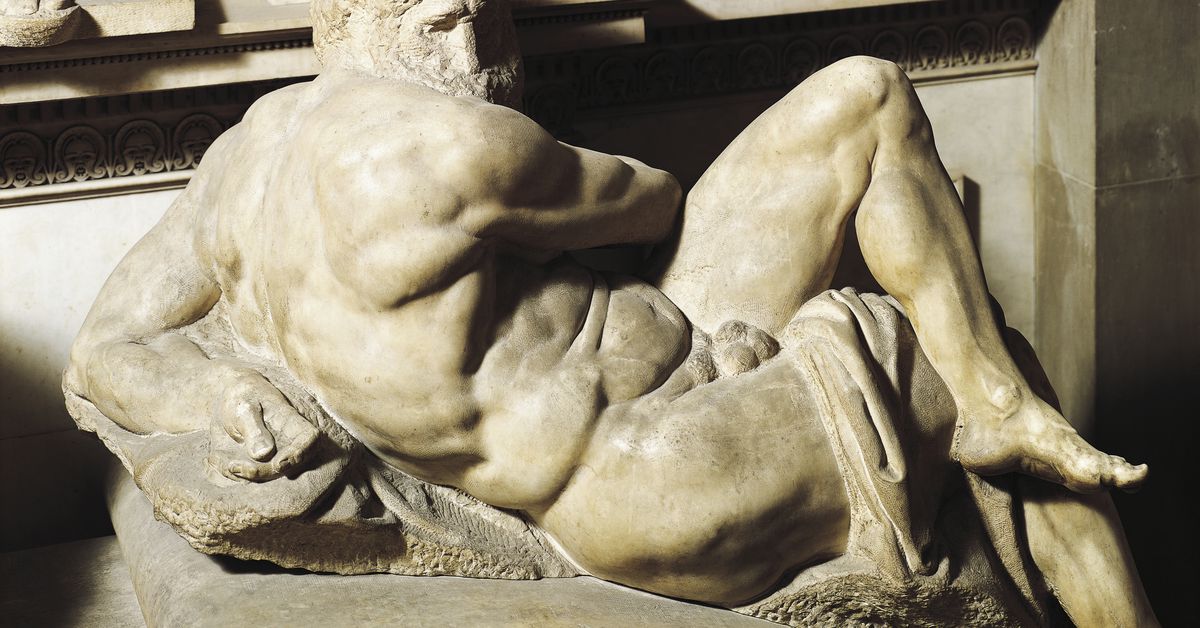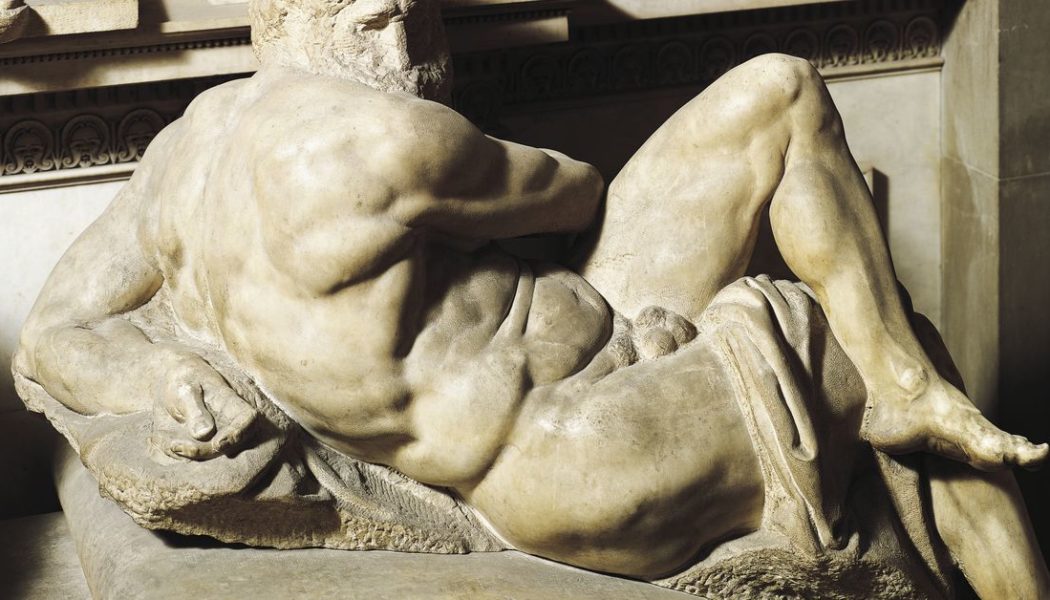
Michelangelo’s marbles in the Medici Chapel were looking dingy, so a team of art restorers decided to smear some bacteria on the situation. The specialized microbes cleaned up centuries of grime, leaving the marble statues with a fresh new look, The New York Times reports.
The team selected specialized strains of bacteria to target different stains on the marble. Some types of bacteria can thrive in harsh environments and are adapted to eating things that can cause humans problems. These bacteria can break down things like pollutants into relatively harmless components.
In this case, the team looked for bacterial strains that would eat away at the stains and other gunk, without harming the marble itself, and tested their top choices on an unobtrusive patch of marble behind an altar in the chapel. They found a few types that would work, and used gel to spread them across the statues. The different strains of bacteria ate away at residues, glue, and even the stains from an improperly disposed-of corpse that was dumped in one of the tombs in 1537.
The results of the project will be released in June, but you can get a tiny preview by looking through the images in The New York Times article.
This is far from the first time that bacteria have been pressed into art-cleaning service. Italy, in particular, is known for putting microbes to work in conservation efforts. A sulfur-chomping bacteria was used to remove “black crusts” from parts of the Milan Cathedral, and performed way better than a comparable chemical treatment. In Pisa, a bacterial strain that eats pollutants helped clean up damaged frescos on a cathedral dome and at a cemetery near the Leaning Tower.
Other researchers are mapping out the bacteria and other tiny beings that already live on paintings. They found that some microbes that made their home on the pigments might actually help keep the artwork from deteriorating in the first place.










